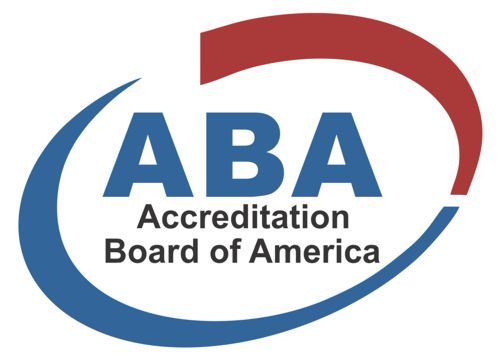In today’s complex and rapidly evolving business landscape, ensuring the quality and reliability of inspection services is crucial. Inspection bodies play a vital role in verifying compliance, safety, and performance across various industries. To bolster their capabilities and maintain the highest standards, many inspection bodies turn to ISO 17020. This internationally recognized standard provides a framework for enhancing inspection quality, fostering competence, and upholding impartiality. In this article, we will explore some of the best practices derived from ISO 17020 that can help inspection bodies enhance their inspection quality and deliver exceptional services.
1. Establishing a Robust Quality Management System:
At the core of ISO 17020 lies a strong quality management system (QMS). Inspection bodies should develop a comprehensive QMS that aligns with the requirements of ISO 17020. This system should encompass policies, procedures, and documented processes that ensure consistent quality, efficient operations, and continual improvement.
2. Defining Clear Objectives and Scope:
To enhance inspection quality, it is essential for inspection bodies to define clear objectives and a well-defined scope of services. Clearly stating the purpose, goals, and limitations of inspections helps in maintaining focus, ensuring consistency, and managing client expectations effectively.
3. Emphasizing Competence and Training:
ISO 17020 places significant emphasis on the competence of inspection personnel. Inspection bodies should establish robust procedures for selecting, training, and evaluating their staff. Regular competency assessments, continuous professional development programs, and a culture of knowledge sharing contribute to enhancing the skills and expertise of the inspection workforce.
4. Ensuring Impartiality and Independence:
Impartiality is a cornerstone of inspection credibility. Inspection bodies must establish processes and mechanisms to identify, analyze, and manage potential conflicts of interest. By maintaining independence and objectivity in their operations, inspection bodies can build trust and confidence in the accuracy and impartiality of their inspection reports.
5. Adhering to Inspection Procedures and Methodologies:
ISO 17020 emphasizes the importance of defined inspection procedures and methodologies. Inspection bodies should develop and implement documented procedures that cover various aspects of inspections, including planning, conducting inspections, data collection, analysis, and reporting. Consistent adherence to these procedures ensures standardized processes and reliable inspection outcomes.
6. Implementing Effective Document Control:
Proper document control is essential for maintaining the integrity of inspection processes. Inspection bodies should establish procedures to control, update, and maintain documents, ensuring that the latest versions are accessible to authorized personnel. Document control also includes proper archiving and retention of records, ensuring traceability and facilitating audits.
7. Utilizing Technological Tools and Innovations:
Leveraging technology can significantly enhance inspection quality. Inspection bodies should explore and implement appropriate technological tools, such as data management systems, electronic reporting platforms, and mobile devices, to streamline processes, improve data accuracy, and enable real-time reporting. Embracing digital advancements can drive efficiency and productivity in inspection operations.
8. Conducting Internal Audits and Management Reviews:
To ensure continual improvement, inspection bodies should conduct regular internal audits and management reviews. Internal audits assess the effectiveness of the QMS, identify areas for improvement, and ensure compliance with ISO 17020 requirements. Management reviews enable strategic decision-making, facilitate resource allocation, and drive overall performance improvement.
Enhancing inspection quality is a continuous journey that requires a commitment to excellence and adherence to best practices. Implementing ISO 17020 best practices empowers inspection bodies to elevate their operations, increase customer satisfaction, and maintain their credibility in the industry. By embracing a robust QMS, fostering competence, ensuring impartiality, and leveraging technology, inspection bodies can deliver high-quality inspections that contribute to safety, compliance, and overall organizational success. ISO 17020 serves as a valuable guide for

